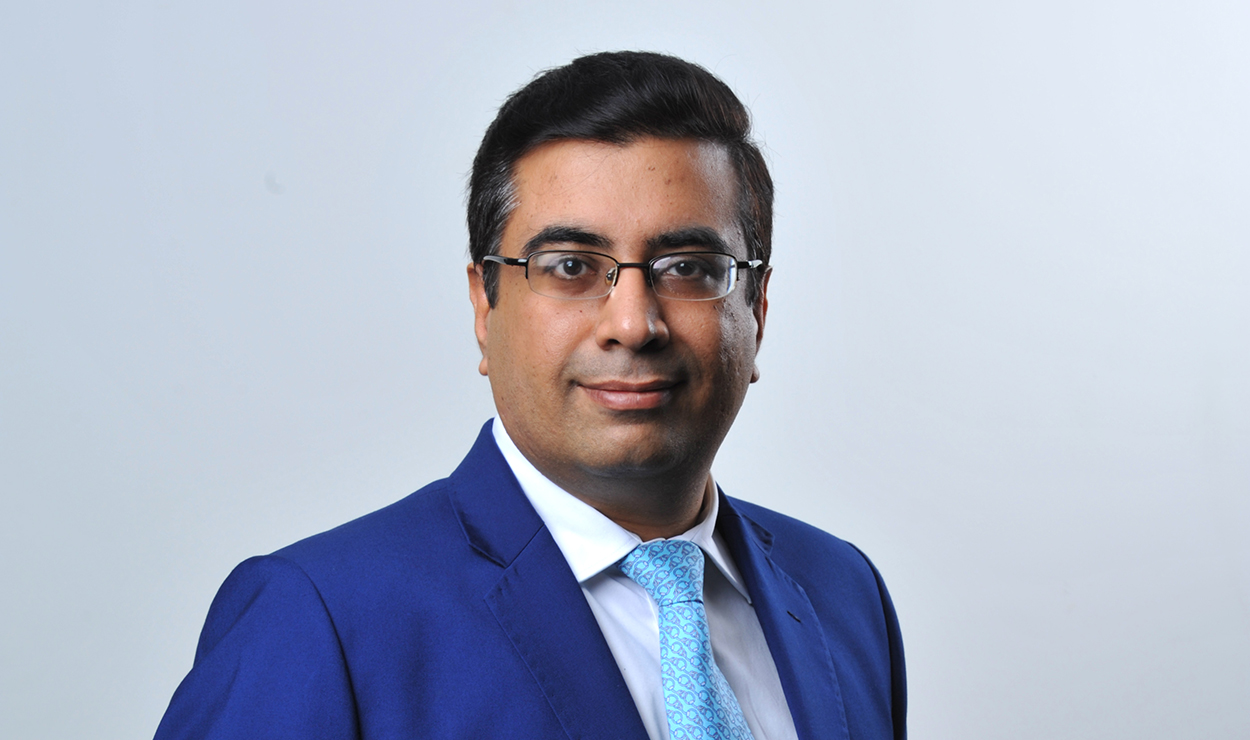
The liquidity crisis for cash-strapped companies that are rated low has created an opportunity for the Rs 2.9-trillion alternative investment fund (AIF) industry. At least two such firms have raised money over the past month, and others are also in talks to do so, said industry sources.
“A lot of borrowers who would have had easy access to capital are not able to raise money because of the tight conditions prevailing in the market. The current dislocation in the credit markets is throwing up opportunities in the private credit space, with more than sufficient collateral,” said Umang Papneja, senior managing partner, IIFL Wealth Management.
He added, “To capture these opportunities, we have recently raised a Rs 1,000 crore private credit fund.”
Others have also raised funds in the same period. “We shall be raising a total of Rs 500 crore. We closed the first round in Rs 155 crore on September 30,” said Rakshat Kapoor, partner, private debt, Centrum Alternative Investment Managers.
He added, “We will be able to complete our fund-raising by the middle of the next calendar year.”
Corporate groups are turning to these funds because traditional pools of capital such as banks and non-banking financial companies (NBFCs) have dried up, according to him.
“Normally credit funds are not the first port of call for these corporate groups,” he said. Centrum invests some portion from their fund, while getting co-investors to invest along with them even as they stay away from leveraged sectors and companies, according to him.
This is not the only type of co-investment deal which is happening.
“There are asset reconstruction companies that are looking to takeover companies and turn it around from an operational perspective,” said Chhavi Moodgal, chief executive officer at Scient Capital which runs a debt AIF.
She said, “They are tying up with alternative investment funds for providing debt capital in such situations through a co-investment framework.”
She added she was in talks with two such companies for similar opportunities.
A source suggested that there are at least two more alternative investment funds which have been raising money for investing in distressed asset opportunities, both from players which have a presence in the NBFC space.
Sources also said that funds are also looking to lend against future cash flows including from different kinds of receivables too, to meet liquidity needs. Funds that raised capital recently are said to be targeting average returns of 14-15 per cent.
The difference between the highest-rated corporate entities (AAA) and the next rung (AA rated firms) has been elevated despite interest rates moving down.
The spread was at 0.588 basis points in July last year, before major defaults by Infrastructure Leasing & Financial Services sparked a liquidity crisis. The spread touched a high of 0.718. It has since moved 0.625.
However, those in the market say that lower-rated companies are increasingly being asked to pay higher yields, sometimes reaching 20 per cent in the case of one real estate firm which recently looked to raise capital.
This is despite the Reserve Bank of India cutting rates to their lowest since March 2010.

Read the original article:
Business Standard
